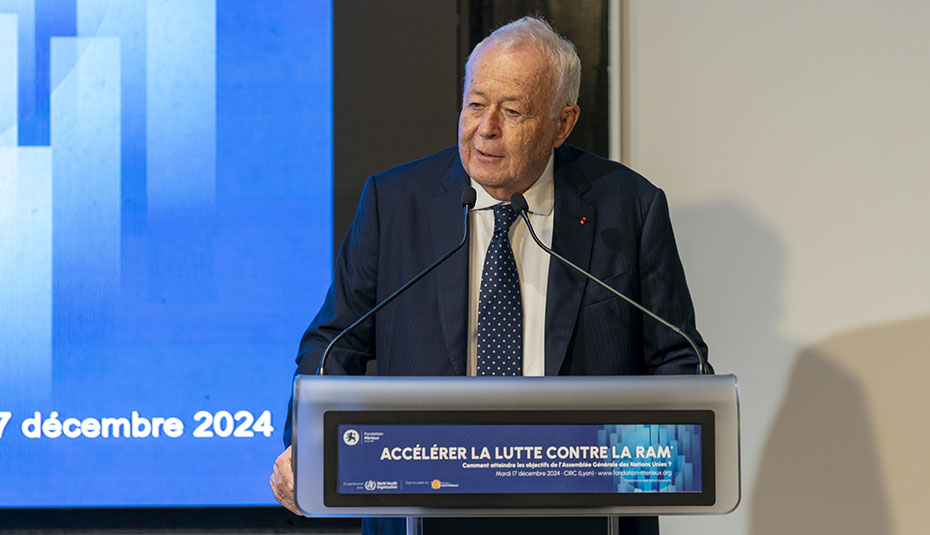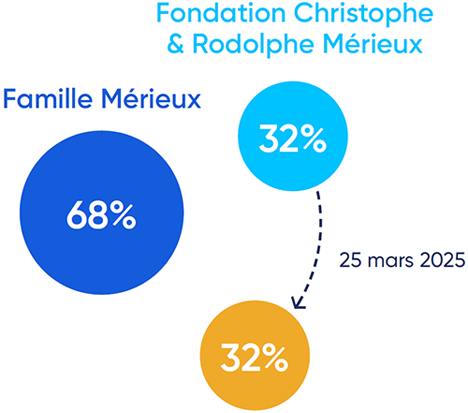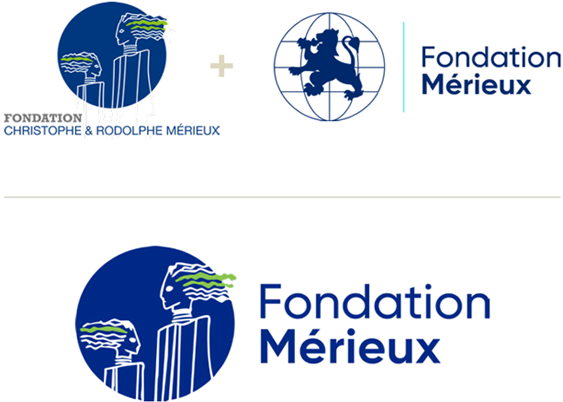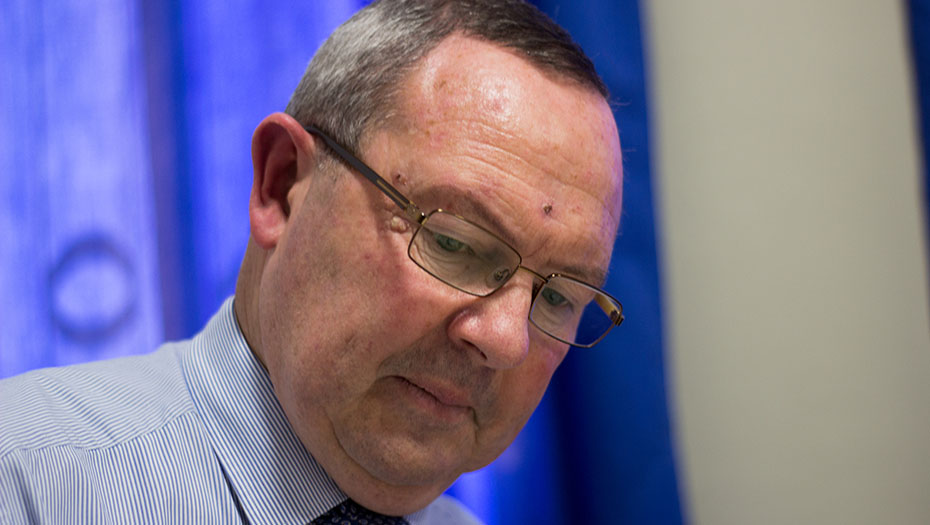Fighting against infectious diseases since 1967
The world is undergoing profound changes, leading to crises, which multiply in all regions. Whether political, security-related, demographic, economic and climatic in nature, all crises contribute to worsening the health conditions of affected populations, creating an ideal breeding ground of development and spread for epidemics. Low-income countries are the hardest-hit by these increasingly complex contexts, with mothers and children at the forefront.
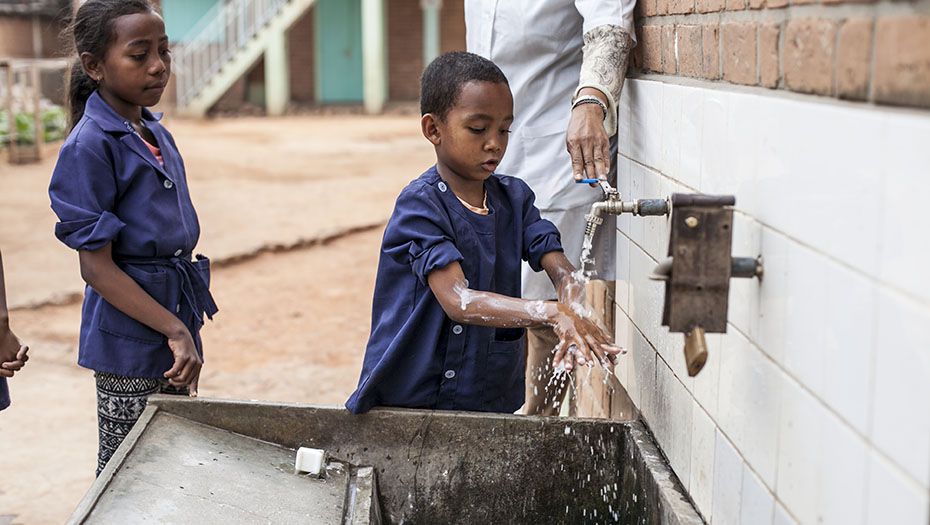
This is why the Mérieux Foundation, an independent foundation with public interest status, has been fighting infectious diseases affecting vulnerable populations in resource-limited countries since its creation in 1967.
Operating directly in more than 25 countries, it is committed to strengthening local capacities, particularly in clinical biology, in order to improve access to care, surveillance and response to epidemics.
The foundation works side-by-side with local partners and builds networks to mobilize the skills and energies necessary to implement effective and sustainable actions, at the closest of the population’s needs.
It is particularly involved in the public health issues that have the greatest impact in the countries where it operates, such as antimicrobial resistance, tuberculosis, acute respiratory infections, HIV, and emerging pathogens.
Committed to an integrated approach to health, the Mérieux Foundation goes beyond its expertise in biology to include the main and most impactful issues that influence the well-being of the populations in the countries where it operates.
An approach closely linked to the sustainable development goals
The Mérieux Foundation works independently in the service of global health. By adopting a “One Health” approach, it contributes to achieving several of the United Nations’ Sustainable Development Goals.
Its cross-functional and international activities are focused on:
- SDG #3 “Good health and well-being”
- SDG #4 “Quality education”
- SDG #9 “Industry, innovation and infrastructure”
- SDG #17 “Partnerships for achieving the Goals”
Within each of these goals, several targets directly concern the Foundation’s action, such as target 3.3, which aims to end the tuberculosis epidemic worldwide by 2030.
One mission, four main objectives
- Increasing vulnerable populations’ access to diagnostics by strengthening clinical laboratories in national healthcare systems.
- Enhancing local applied research capabilities collaborative programs development.
- Encouraging knowledge-sharing and public health initiatives working with Les Pensières Center for Global Health.
- Improving conditions for mothers and children taking a global health approach.
An action based on four pillars
- A collaborative dynamic driven by international cooperation, to sharing experience and skills, with no boundaries between expertise or sectors .
- A long-term vision with sustained support leading to autonomy and local ownership of infrastructures, skills and programs.
- Strong local roots supported by national teams in the field and long-standing partnerships with local actors.
- A integrated health approach taking into account factors that have a direct impact on health, such as access to care, education and socio-economic support for patients, and nutrition.
Key figures 2024
- 58 years in the fight against infectious diseases
- 25 countries where we work
- 158 employees in 17 countries
- 24 million euros annual budget
- 100+ ongoing projects in development or support
- 17 laboratories of excellence built or under construction, and transferred to local partners, including 12 Rodolphe Mérieux Laboratories since 2004
- 70+ laboratories renovated since 2005
- 5 advanced courses for public health experts

 Filtrer par :
Filtrer par : 

